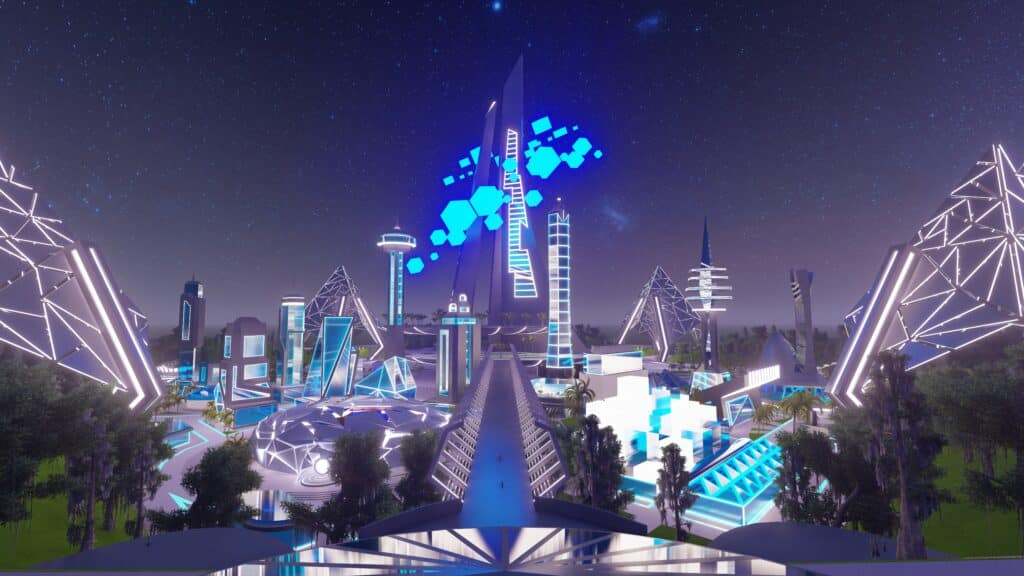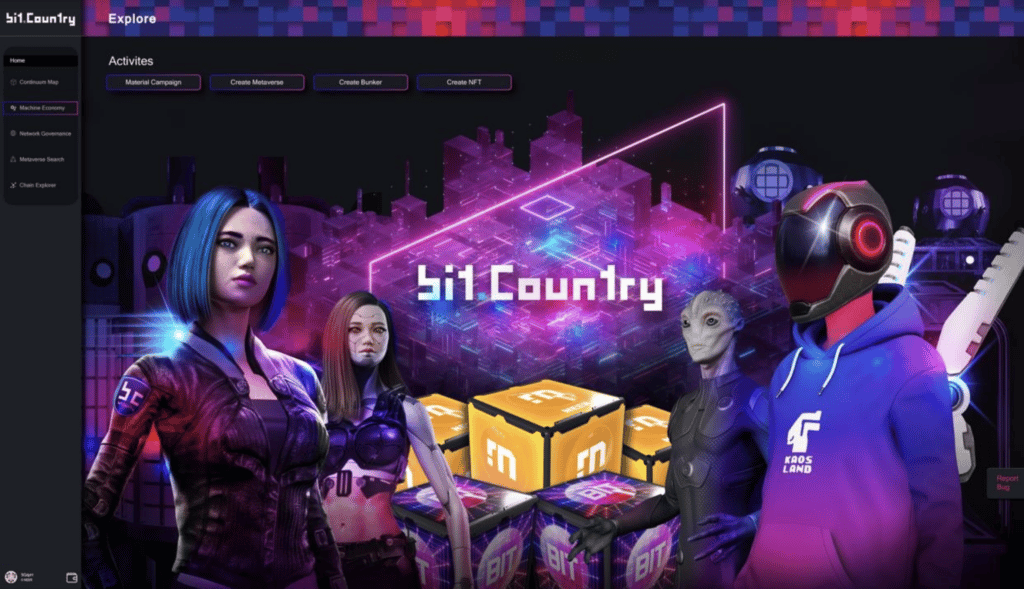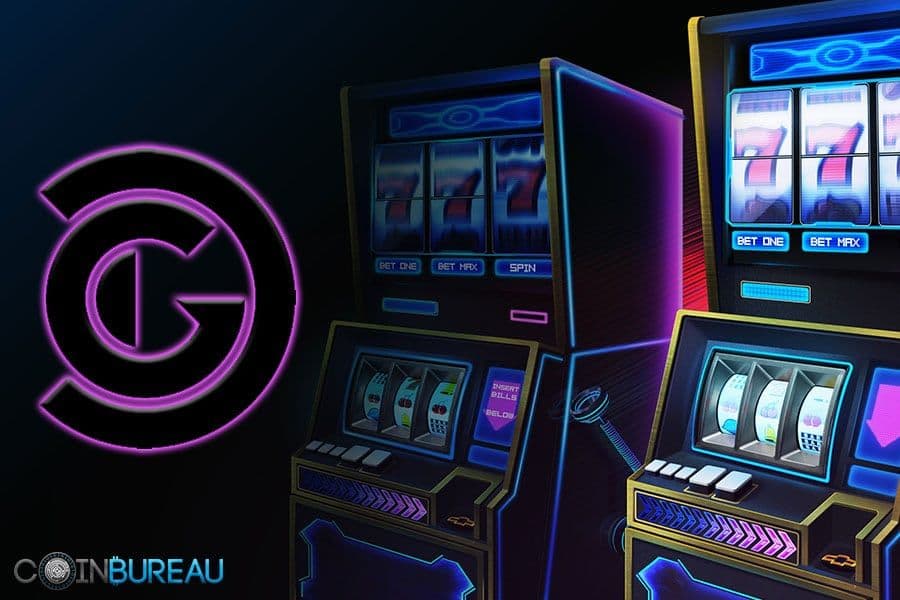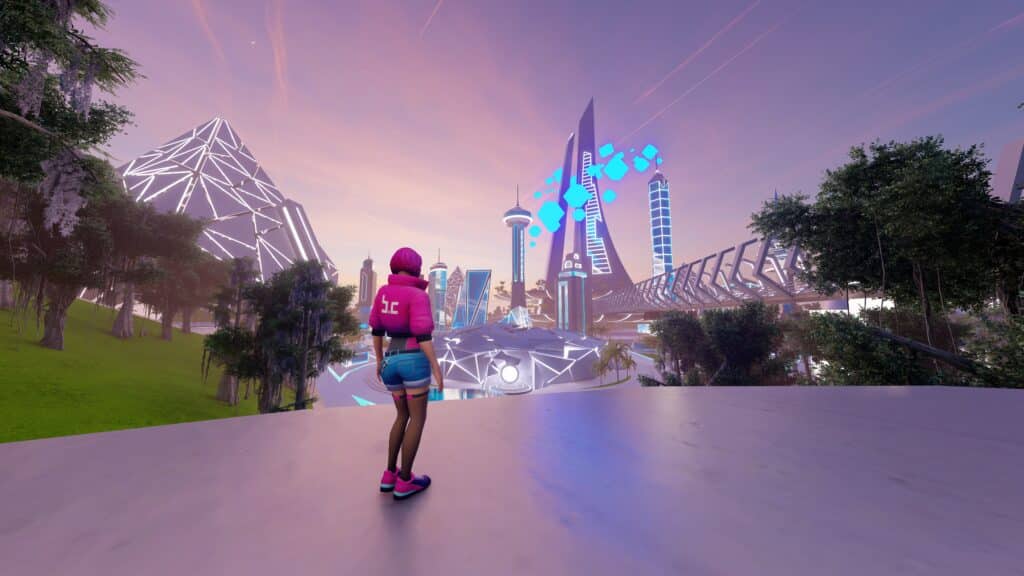 Image via Bit.Country
Image via Bit.CountryWe are entering an exciting new era in Web3, of which the metaverse is fast becoming a prominent feature.
The definition of the metaverse and how it works depends on who you ask. In a United States survey in June 2022, 43% of adults said they knew nothing about the metaverse. Only 1 in 10 adults said they had a significant awareness of the metaverse and 21% said they knew nothing about virtual reality.
The metaverse encompasses evolutionary technologies, combining digital and physical worlds. In this next iteration of the internet, we experience lifelike digital depictions in a wide variety of traditional and futuristic settings of people, avatars, virtual land and property.
The idea is that whatever you can do in the real world can be done in the metaverse—for instance, attending concerts or sporting events, trying on and buying clothes, building commercial and private real estate and more.
The list of potential options is endless. The metaverse interconnects virtual communities using augmented reality (AR) glasses, virtual reality (VR) headsets, smartphone apps and many other devices.
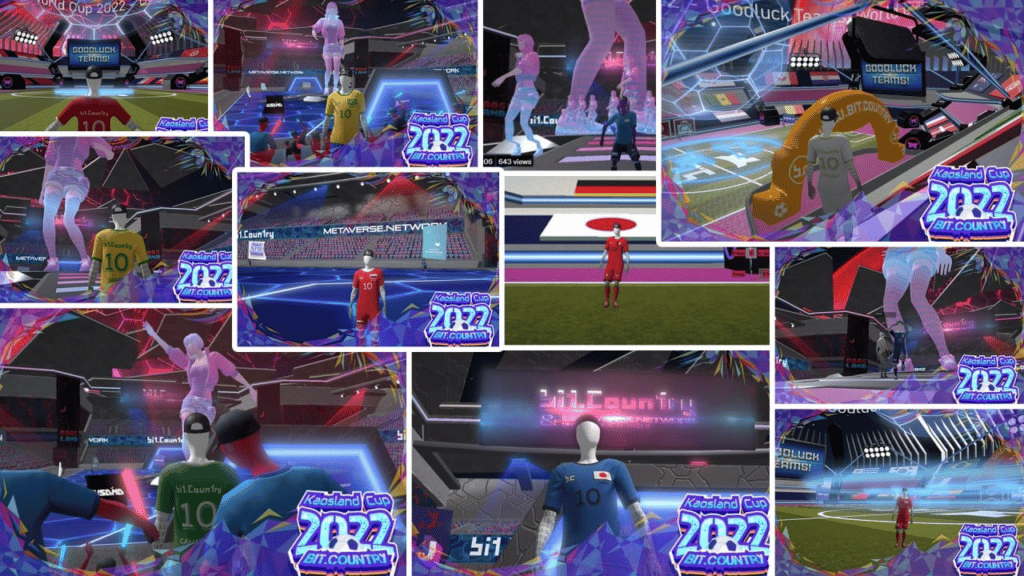
In December 2020, Decentraland, a 3D browser-based virtual world platform, opened to the public. The platform enabled users to create scenes and challenges, explore virtual worlds, buy and sell digital goods, wearables, land and property and more.
It was a great start to the metaverse experience. However, as technology evolves, virtual worlds expand, and users get access to ever-increasing opportunities. Still, for a moment, let's imagine taking the metaverse to the next level and beyond.
Imagine a metaverse where you could create a Decentraland of your own, an incredible empire anyone can build without techy know-how. Visualise a super-customisable metaverse where you can become a virtual world entrepreneur.
Imagine owning a virtual commercial estate where you can sell or rent space to real-world businesses, who, in turn, can sell their products as virtual and physical items. It may sound unimaginable, but it's fast becoming a reality.
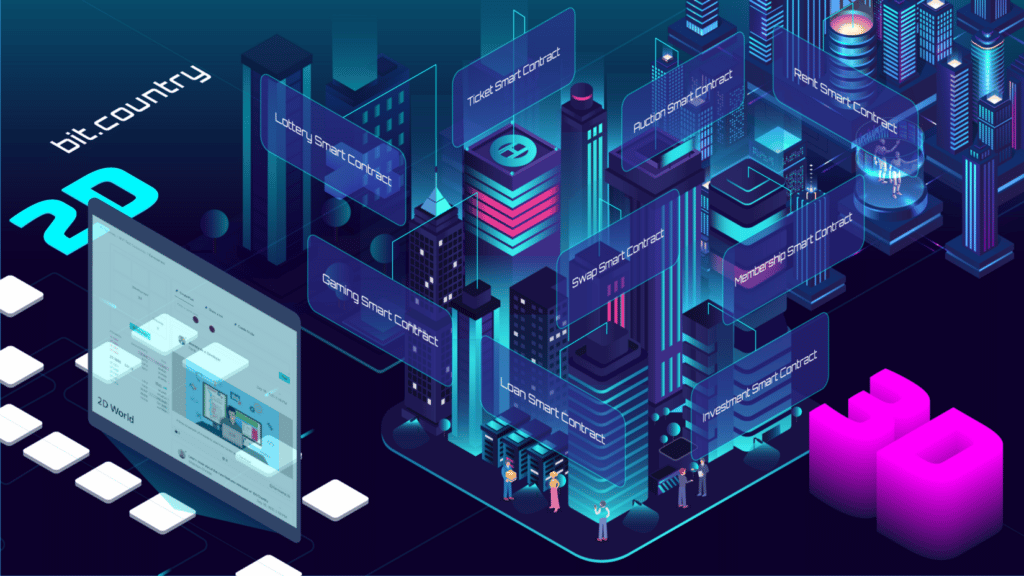
Introducing Bit.Country: The First of a Kind Metaverse for Everyone
Bit.Country is a metaverse as a Service Platform (MaaS). It's an application framework and blockchain developed on top of the Metaverse.Network for user-created metaverses and games.
The origin of the name comes from "countries made by bits", which is how the application works. Bit.Country's most notable USP is that anyone can start a metaverse project in only 12 seconds without needing technical experience. As the platform is web-based, the user does not have to download software.
Each metaverse project includes:
- A 3D world and map where you can own, trade and build on a virtual land economy using 3D models and voxels.
- An NFT marketplace of your own where you can create and display your NFT collections and trade land and estates with your community.
- You can allow people to sell their NFT collections inside your metaverse and receive royalties from those sales.
- Pulse: A social media platform that belongs to you, where you can publish content, market metaverse events and interact with your community
Your metaverse is fully customisable. You can change anything, from the look of the sky to the position, colour and intensity of the sun, to the texture of the metaverse terrain, your clothing and avatar and more. The user experience is truly unique, with multiple aspects of Bit.Country that differs from how other metaverse platforms work.
How does Bit.Country Metaverse work?
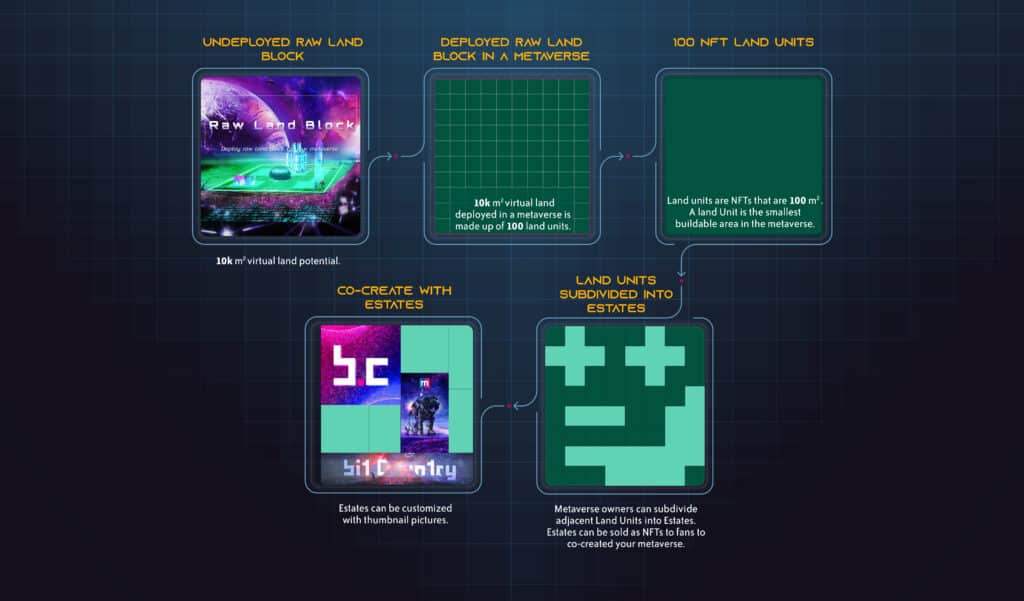
With Bit.Country, you don't buy land to become part of someone else's metaverse. Above all, you purchase land to build, develop and expand your metaverse.
Each Raw Land block on Bit.Country is 10,000 m2. After purchase, you deploy the land into your personal metaverse, where it automatically subdivides it into 100 land units as NFTs, which can be transferred, listed for sale or merged to build estates or create airdrops.
Bit.Country looks like a first-of-a-kind game changer for the metaverse space.
Bit.Country believes a metaverse should represent each user's identity as an influencer, brand, NFT collection or DAO. To that end, users can expect true utility as everything inside the metaverse will be an NFT, from wearables, objects placed in your world and even your avatar's animations and dances.
In addition, the platform wants users to become stars in the space and express their identity, from removing fears and stereotypes to clothing and style. Bit.Country provides a vast range of services for users.
What's in Your Metaverse?
After creating a metaverse, users can trade, socialise, provide services and stage events. In addition, Bit.Country plans to add VR support and take the visuals of the metaverse to the next level by implementing Unreal Engine 5 technology.
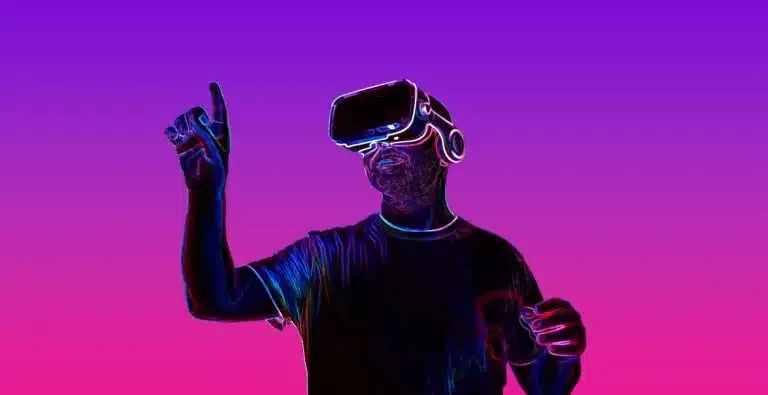
- Your Map & Land: Each owner has a map of land blocks (similar to Google Maps). Underneath is a 3D world that users can visit by dragging the icon to a location on the map.
- Subdivision: This is an area within the user-owned block. Owners can place NFTs, 3D objects, voxels and deploy virtual dApps and games when the experience framework and APIs are released.
- Land Development: Landowners can develop their land using the voxel system, 3D model, NFT assets, text, video or images and rich media such as embedding YouTube videos or by using iframes, full websites or sections of websites and applications.
- Property: Buildings on the land can have interior space where users can enter the building and interact. For example, a shop selling virtual and/or physical goods.
- Local Governance: Members can express their thoughts through governance in the metaverse with specific utility tokens (land, NFTs or your own social/ERC-20 Tokens).
- Local marketplace: User assets are displayed here. After approval of a social token, users can pay for items with the user's tokens.
- Local Missions or Games: For example, creating a treasure hunt game. Bit.Country is building an API for developers to produce missions and game modes.
- Virtual DApp: For pairing 3D assets and smart contract behaviour that can facilitate services and events within a land block.
- Template: standardised layouts to help users get started with block sections.
- Themes: The platform and users can change the metaverse theme, deciding on styles, colours, and textures for anything in the metaverse.
- Socialisation: For example, in the multiplayer dimension view, users can walk up to each other and trade in the same block.
- Social Token: Create and launch a token of your own to enable users to purchase items in your metaverse.
- Framework API: In the dimension view, users can use "block features" to create events such as airdrops, where coins drop from the sky. Enrolled attendees must quickly collect the coins off the ground to secure a pre-allocated amount.
- Marketing Campaign Tools. You as a Metaverse owner can run your own marketing campaigns and reward users who followed specific tasks or own land in your metaverse.
In this revolutionary metaverse, a business could start a counselling or coaching business where you, as the avatar, can attend sessions. Or you can sell your products as virtual and physical items in a shop on your building plot, such as trainers, clothing etc.
Inside the metaverse will be unlimited marketing opportunities for individuals and businesses to reward fans with NFTs or tokens they can create using GeoDrops.
Bit.Country is evolving with more innovative experiences for users, such as Kaosland.
Coming soon to Bit.Country: Kaosland
Bit.Country is soon to launch Kaosland, the first community-owned, partially treasury-owned metaverse. It is supported by the treasury with an initial 26,000 stakeholders, taking up 30% of the total land block on the Bit.Country Pioneer Network.
Bit.Country's website says it is one team creating chaos side by side. Its coordinate on the Pioneer map is P(1, 0), the first coordinate next to the origin.
Once the KAOS Social Token is enabled, it will likely be minted and distributed to qualified Kaosland stakeholders who will become KAOS members with governance rights helping to develop its future.
Kaosland is likely to be the largest metaverse on the Pioneer Network. Contributors to the crowdfunding for securing the slot as a parachain of Polkadot's Canary Network (Kusama) will receive land rewards.
Bit.Country launched a WorldCup2022 Selfie Challenge, minting 5000 limited edition Kaosland Cup NFTs. The utility of the NFT is that it gives its owners 3 football-themed wearables (t-shirt, shorts and shoes) that are collectable and tradable, plus, holders were eligible for an airdrop of up to 500,000 $NEER.
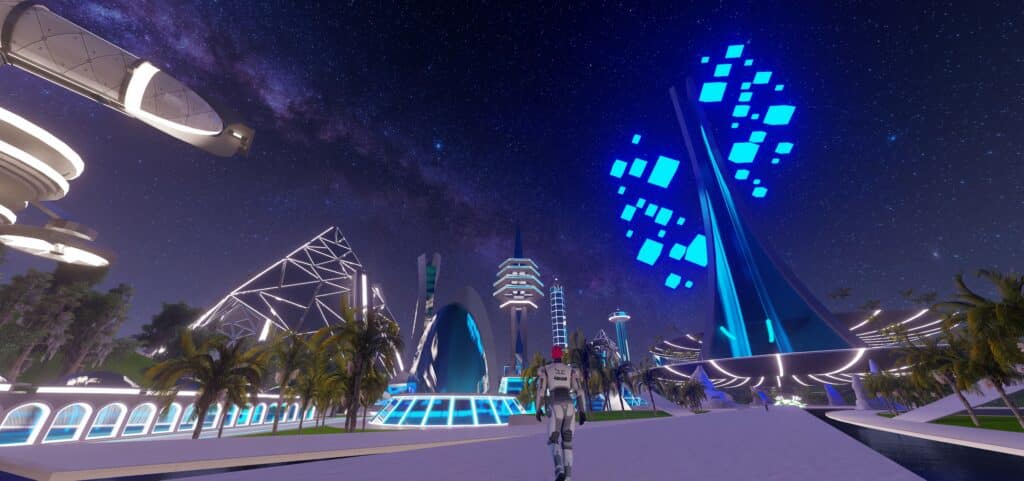
What Makes Bit.Country Unique?
Many things make Bit.Country different, from layer-1 infrastructure to the consumer-facing application framework:
- Multi-metaverses are owned and created by the users.
- Community members can co-build a metaverse.
- No technical skills required: Easily start a metaverse project in 12 seconds.
- Bespoke blockchain for metaverses.
- Combined Voxel system and polygon system for 3D worlds.
- Bit.Country runs in your browser with optimised loading speeds.
- Seamless on-chain governance at network and metaverse level.
- A unique economic model supports the network and individual metaverse where Individuals and organisations can express their creativity.
- Build Communities-To-Earn.
- Engage in activities with influencers instead of merely following them.
- Your NFTs are no longer mere collectables without function; you can showcase and use them for functional purposes, plus no hefty gas fees to pay. Any token or NFT asset is transferable due to cross-chain interoperability.
In addition, developers can create new applications within the pre-built metaverse framework API or on top of the low-gas-fee, Ethereum-compatible blockchain. Low gas fees are possible as the network maximises value exchange as it operates on Polkadot NPoS infrastructure.
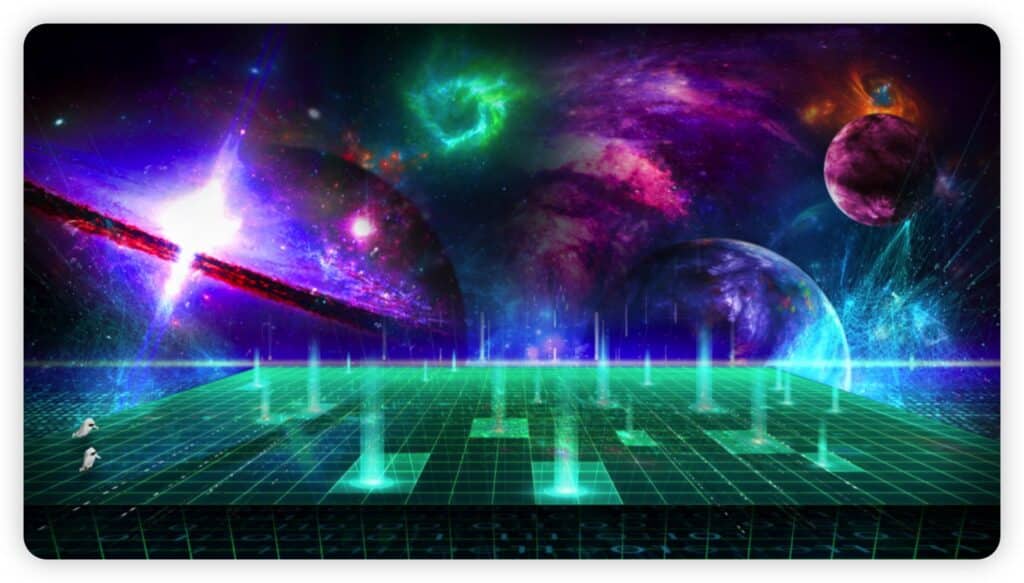
Continuum
Continuum is the "mothership of metaverses, an aggregation of thriving civilisations."
It is a grid map of metaverses with limited coordinates, driven entirely by community members. On-chain logic determines the spots available but parameters for new slot proposals consist of the following:
- The number of metaverses
- Land blocks
- Population
- Ecosystem activeness
$NUUM token holders will determine the location for each new slot.
A metaverse can engage in the auction for a slot on the Continuum Map. After securing, the metaverse can qualify for numerous benefits, including recognition by the community, airdrops and more.
Other benefits are under consideration, such as the good neighbour protocol, where community members can decide who can become a neighbour.
The Bit.Country team is committed to creating immersive user experiences, so let's find out more about the founders of this distinctive metaverse.
The Founders
In January 2018, the founding team acquired the domain name bit.country whilst attending the San Francisco Blockchain conference. They sensed that a decentralised paradigm would require a virtual world for digital assets and identities. Everyone in the diverse team of skilled individuals believes in a metaverse future.
The Bit.Country headquarters are in Singapore, but the company has many talented staff across the globe with the skills and experience to cover everything from top-quality community development to large-scale solutions.
The co-founders are an experienced and passionate team committed to providing the best and most accessible metaverse user experience:

Justin Pham, the CEO, is passionate about technology and business and has been involved in multiple startups. He has been a software developer and architect for many years, designing scalable and robust architectures. He has a deep understanding of blockchain, machine learning and Web3 architectures.

Ray Lu is the Chairperson and former CEO and has many years of experience as a senior software developer and as a serial entrepreneur.

Shannon Christie, CTO, has over fifteen years of experience in software development after starting at an early age. He is passionate about bringing the next generation of experiences and possibilities to the world.

Daniel Choi is the Development Lead. He is a graduate of Information and Communication Technology with many years of software development experience. He is skilled at determining a project's feasibility and designing and implementing solutions.
In 2019, the team put together a plan to create a platform enabling users to build a community on Web3 driven by governance and economics. The company was formed officially in March 2021 and began official development in September 2021.
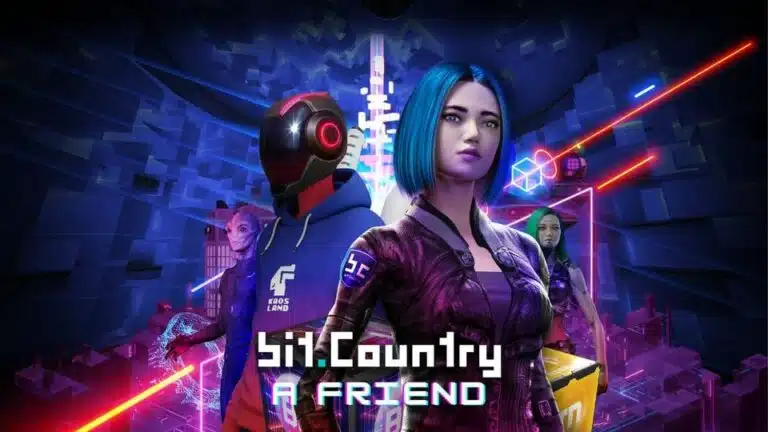
The Team's Purpose and Mission
The team is passionate about creating a network that brings real-world impact and gives ordinary people valuable opportunities. It has focused on easy access so that even the non-tech-savvy individual can get involved.
The vision is for the average person to earn an income from contributing to their Bit.Country communities. Equally, Bit.Country metaverse owners can increase their influence through network expansion and distribute value to their followers.
The team believes that education is the key to greater things. They are founding members of Industry Connect, an innovative global software training academy for anyone from graduates or tech beginners to those learning cutting-edge skills.
Bit.Country is a community-driven decentralised network governed by stakeholders that help shape individual metaverses and the network's future.
Bit.Country's Governance Tokens
There are two governance tokens, $NUUM and $NEER.
Metaverse Network: $NUUM
$NUUM is the currency for Metaverse.Network protocols and the native coin on the entire platform. It has a total supply of 1 billion.
$NUUM tokens utility:
- Staking for materials BIT and maintaining a healthy platform
- Universal currency for purchasing resources, for example, Land Blocks
- Advertising & Promotions
- Gas fees for transactions
- Purchasing virtual dApps from the store
- Trading on the marketplace
- Currency exchange
Allocation
- 50% of $NUUM is designated for distribution via crowdfunding, public sale, and other promotions
- 25% to investors and private backers
- 20% allocated to the founding team
- 5% allocated for community growth, i.e., sponsorships and grants
Bit.Country Pioneer: $NEER
$NEER is the utility token for Bit.Country Pioneer, the canary network of Metaverse.Network (on Kusama).
It has a total token supply of 100,000,000 (non-inflationary) with a circulating supply of 19,453,215.00 (November 2022) and is listed under #900 on CoinMarketCap. The $NEER token is listed with KuCoin and Gate.io.
$NEER to $NUUM is like $KSM to $DOT. It has the same utilities as $NUUM.
Kusama or Polkadot ecosystems have a canary network model that is better for projects to create smaller generation events as it has more flexible rules.
Bit.Country launched a competition with 500,000 $NEER prize pool, open to holders of the token (ended 19th November) to win a share of the pool. More contests will follow.
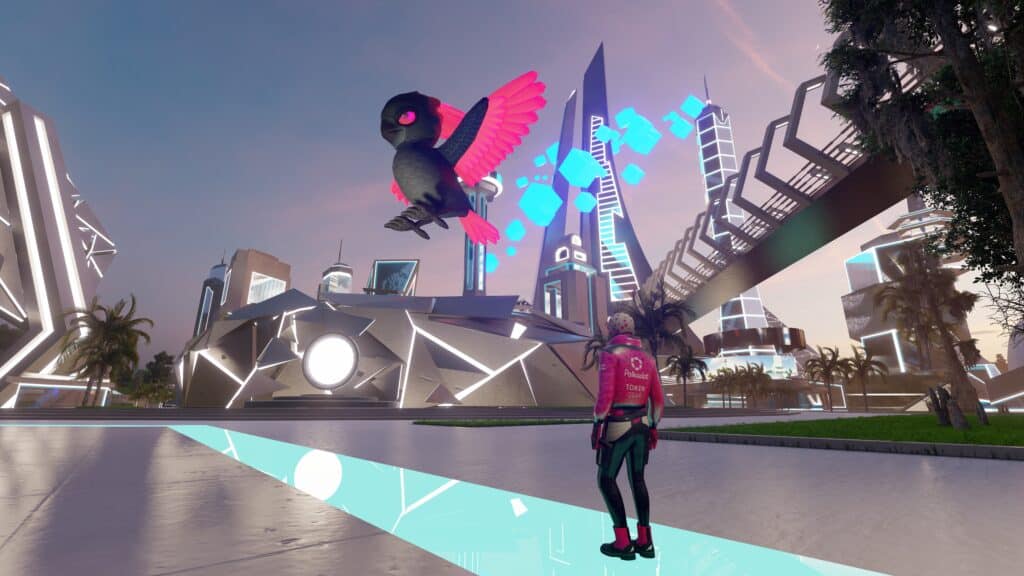
BIT & Campaign
BIT is the base material and energy source for Bit.Country. It has an initial total supply of 1 billion and supports cross-chain XCM parachain transfers.
Bit.Country runs periodic BIT campaigns and distributes BIT to users for metaverse development. Users can participate in the campaign by staking $NEER or land staking and other activities to receive BIT to develop land and craft some items. When creating objects on the land, or crafting items, BIT is consumed (BURNT).
Bit.Country has a network-wide and individual metaverse governance inspired by Polkadot governance. It is a decentralised, community-owned, multi-metaverse platform with protocols built using the Substrate framework designed to "maintain the sustainable development of the entire network and ecosystem over time."
Stakeholders can help to shape the future of the metaverse. They can vote on protocol adjustments, implementing features, metaverse operations and essential technical issues.
Backers and Partners
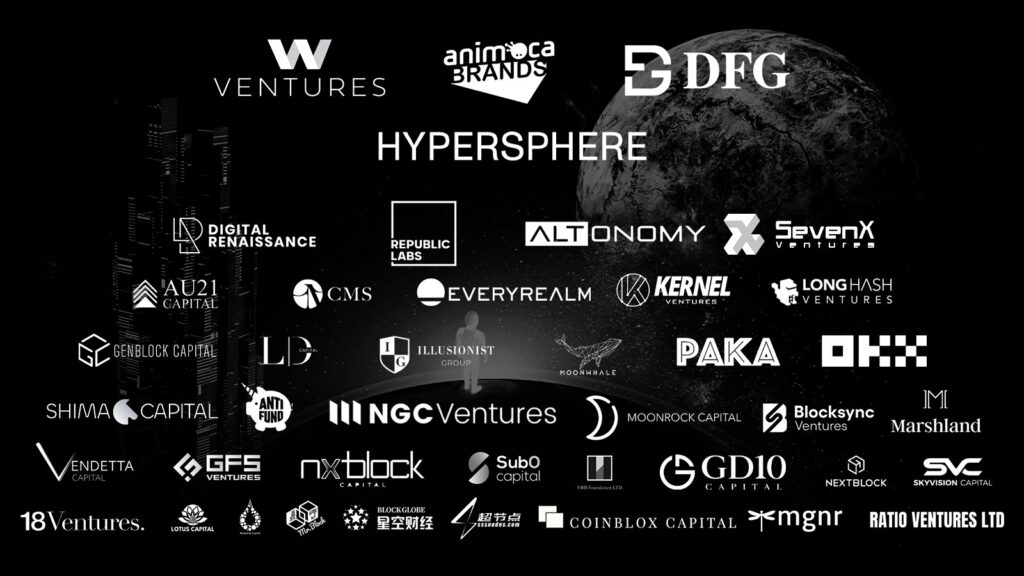 Image via Bit.Country
Image via Bit.CountryIn May 2021, Bit.Country secured $4M in the first round of funding, backed by Hypersphere Ventures, Animoca Brands, DFG and WWVentures, extending the network's reach to 200 million fans on social media platforms, including KOLs and influencers in the space.
Bit.Country has gained significant support from a wide range of partners, including the following:
- Digital Renaissance
- Republic Labs
- Altomy
- SevenX Ventures
- AU21 Capital
- CMS
- Everyrealm
- Kernel Ventures
- Longhash Ventures
- Genblock Capital
- LD Capital
- Illusionist Group
- Moonwhale
- Moonrock Capital
- 18 Ventures
- NGC Ventures
The project has gained support from the Web3 Foundation Open Grant Foundation and is a member of the Substrate Builders Program.
Notable industry crypto exchange leaders KuCoin, Gate.io and MEXC have become partners to launch a metaverse on Bit.Country & Metaverse.Network.
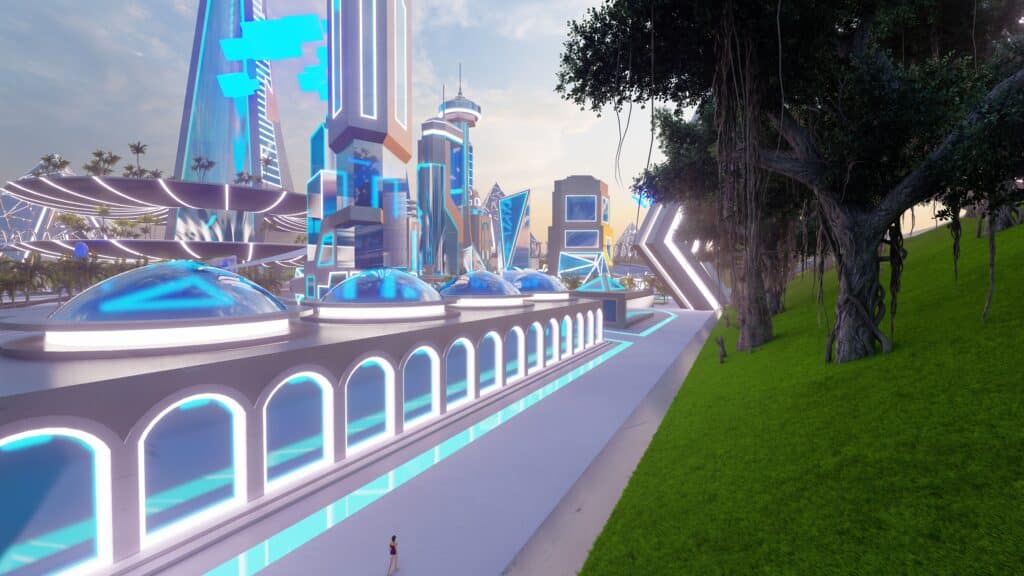
Conclusion
Bit.Country is a fascinating project with potential for widespread adoption and has several distinct USPs.
Firstly, users without tech skills can create a metaverse of their own instead of building within a network's metaverse. Secondly, the platform is browser-based, so there are no requirements for software downloads, and finally, users can get started in a mere 12 seconds. Every item in the metaverse is an NFT, and everything is customisable.
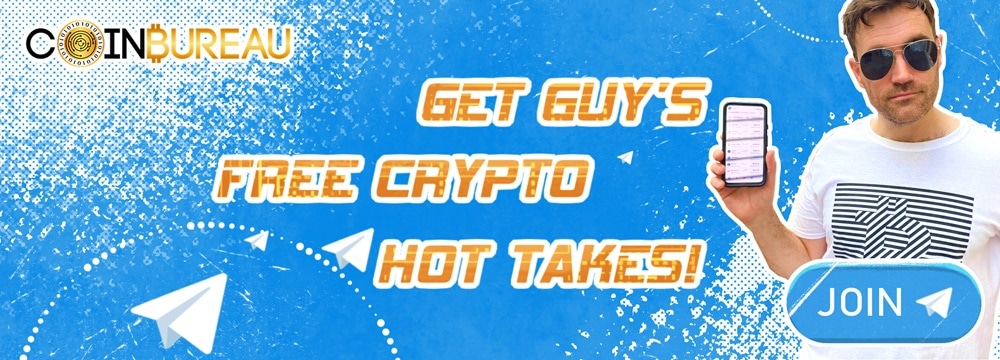
Individuals or businesses can create commercial empires on their building plots where they, or others, can display, sell or trade items. Though that aspect isn't new, doing it in a self-created metaverse is unique.
Bit.Country has a highly experienced team and a strong ethos of global inclusion for everyone and anyone, from businesses and developers to complete beginners to the metaverse. The interface is user-friendly and easy to navigate, which should add to the network's popularity.
It will be interesting to watch the future progress of exciting developments on the platform.
